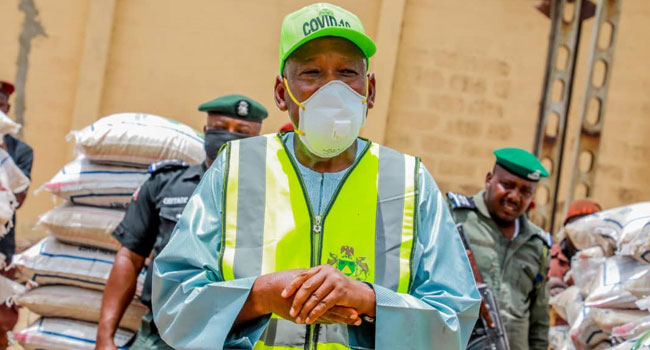A sharp rise in deaths in the Nigerian city of Kano was caused by complications from other health conditions and not the new coronavirus, the state government said on Sunday, citing a preliminary assessment, after a local newspaper reported what it called “mysterious” recent deaths.
The Daily Trust newspaper reported on Tuesday the recent deaths of around 150 people in the northern commercial city of Kano, prompting investigations to determine if they were related to the coronavirus pandemic.
The state government acknowledged the deaths but said they were caused by complications from hypertension, diabetes, meningitis and acute malaria and not the COVID-19 pandemic.
“The state government is concerned over what is happening. The ministry of health is already handling the situation. When they are through with the medical investigation, further necessary actions will be taken,” a Kano spokesman said in a statement.
Kano state has become the epicenter of the pandemic in northern Nigeria, with 77 confirmed coronavirus cases and one death. Nigeria has 1,182 cases and a national death toll of 35.
Governor Abdullahi Umar Ganduje has directed Kano’s ministry of health to investigate the “immediate and remote” causes of death, the statement said.
Another local paper reported on Sunday that Kano had shut down private hospitals and diagnostic centers over the high mortality rate, adding most private facilities were not equipped to treat the coronavirus.
A week-long lockdown in Kano, which was extended last week, has limited people’s access to clinics for other ailments, while the state’s coronavirus testing lab was closed after staff became infected with the virus, health officials have said.
Neighbouring Kaduna state said it would extend a quarantine order by another month after the number of cases rose in Kano and Abuja, and banned interstate travel, which it said was a major means of spreading the virus. (Reporting by Garba Muhammad; Additional reporting by Alexis Akwagyiram in Lagos; Writing by Chijioke Ohuocha; Editing by Peter Cooney)
Reuters














